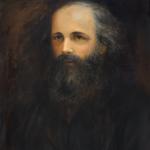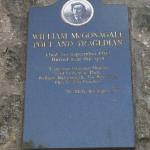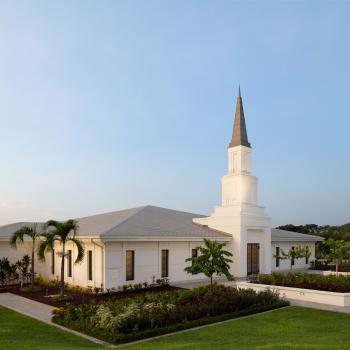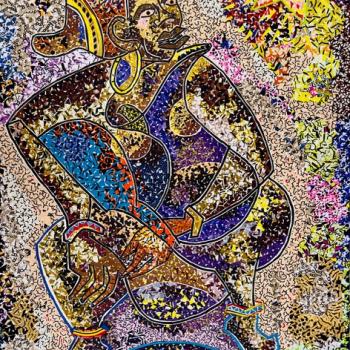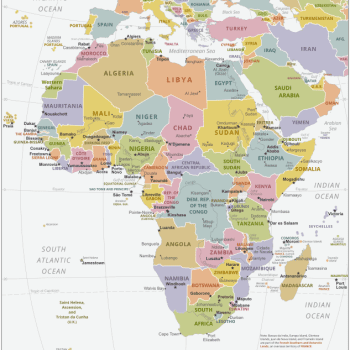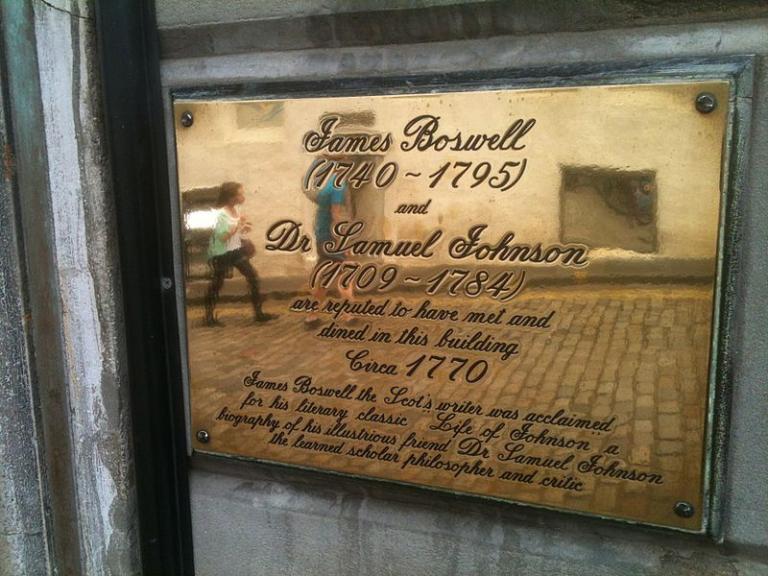
Here’s a nice piece by Jeff Lindsay that I commend to your attention: “Cherishing the Book of Mormon’s Teachings on the Fairness of God”
***
I’ve posted several items recently on what is sometimes called “the hard problem of consciousness,” on the question of what subjective awareness is and how consciousness arises (if it does) from the physical brain. Some reductionists, faced with what seems to be an intractable problem, perhaps an insoluble one, have taken to denying that consciousness exists in the first place. And thus, if it doesn’t even exist, to saying that it therefore poses no problem in need of a solution. It seems to me, though, that consciousness is the one thing that we simply cannot deny. (Perhaps, of course, I’m misunderstanding them; I have more reading to do in this area.). To deny it is, I believe, to the conscious of the fact that we deny it.
It isn’t surprising to me, in that light, that when René Descartes (1596-1650) undertook his famous method of “universal doubt” (as described in his 1637 Discourse on Method, the one thing that he could not deny — the one thing, therefore, that he could erect his philosophy upon with absolute confidence and certainty — was his own consciousness. Hence his famous cogito, ergo sum (originally, je pense, donc je suis) or “I think, therefore I am.”
I realize that this story, which probably occurred in 1763, probably represents a misunderstanding of Bishop Berkeley’s idealism and that, therefore, Samuel Johnson’s response to Berkeley doesn’t really refute Berkeley at all. But I almost invariably think of it when I come across claims that human consciousness is mere illusion. If I’m not conscious, who is having the illusion?
After we came out of the church, we stood talking for some time together of Bishop Berkeley’s ingenious sophistry to prove the non-existence of matter, and that every thing in the universe is merely ideal. I observed, that though we are satisfied his doctrine is not true, it is impossible to refute it. I never shall forget the alacrity with which Johnson answered, striking his foot with mighty force against a large stone, till he rebounded from it, ‘I refute it THUS.’ . . . To me it is not conceivable how Berkeley can be answered by pure reasoning; but I know that the nice and difficult task was to have been undertaken by one of the most luminous minds of the present age [presumably Edmund Burke], had not politicks “turned him from calm philosophy aside.” What an admirable display of subtilty, united with brilliance, might his contending with Berkeley have afforded us! How must we, when we reflect on the loss of such an intellectual feast, regret that he should be characterised as the man,
“Who born for the universe narrow’d his mind,
And to party gave up what was meant for mankind ?”[James Boswell (1907/1791) The life of Samuel Johnson, Vol. 1, London: Dent, pp. 292-293]
***
In a comment posted elsewhere online, Professor Trevor Luke, who specializes in the cultural history and literature of the Late Roman Republic and Early Empire at Florida State University in Tallahassee, wrote the following, with which I wholeheartedly agree:
In antiquity, people argued and shed blood over theology. Arian or Athanasian. Monophysite. Docetic. Nicaean. Chalcedonian.
Over time, starting with the Council of Nicaea, a certain orthodox theology took root. It did so in fits and starts. It did so with arguments, fist fights, political strife, and bloodshed, until the majority of the Christian world accepted the Trinitarian theology of the creeds.
It is a fascinating history, and it makes a certain kind of sense when you follow it blow by blow.
But I still don’t think that orthodox theology should be the measure of authentic Christian identity. There were three centuries of Christianity before Nicaea. There were many thousands, even millions of non-Trinitarian Christians following Nicaea.
I get the idea that every group will set its own standard for belonging. I just don’t think that salvation is found in adhering to the ivory-tower details of theological statements.
In fact, I’m happy to say that I argued for a similar point of view in Offenders for a Word: How Anti-Mormons Play Word Games to Attack the Latter-day Saints (1992, 1998). Which reminds me of a definition from
“Admiration, n.: Our polite recognition of another’s resemblance to ourselves.”
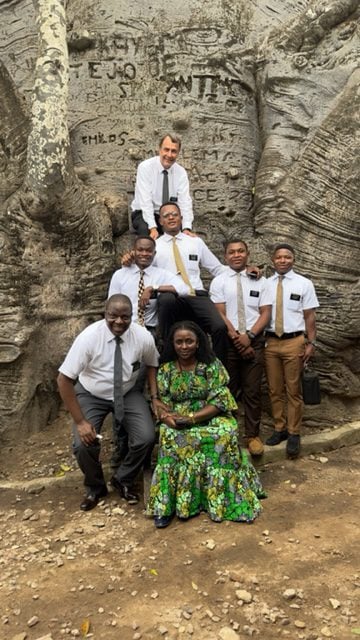
Here’s something from the Christopher Hitchens Memorial “How Religion Poisons Everything” File™ that specifically illustrates one of the horrors that the Church of Jesus Christ of Latter-day Saints is attempting to visit upon the innocent and unsuspecting citizens of the Democratic Republic of the Cong0: “The Church of Jesus Christ of Latter-day Saints Partners with Other Religions to Promote Marriage in DR Congo: “Marriage between a man and a woman is ordained of God and the family is central to the Creator’s plan for the eternal destiny of His children.””
You will perhaps recall the two blog entries — “Hearts of Darkness” and “Seeking ‘wealth’ in the DR Congo” — from a while back in which I related how a small troop of the Church’s more zany and unhinged critics were accusing the Interpreter Foundation of “colonialist” ambitions in the DR Congo. The accusations came because one of the Foundation’s vice presidents (Jeff Bradshaw) and two of our filmmaker friends (James Jordan and Russ Richins) had headed there to gather footage for a series of short films on the origins and rise of the Church in the Congo and on the stories of some of those involved in its emergence.
Jeff Bradshaw, by the way, currently serves as a service missionary for the Church History Department. He has been asked to write histories of the temples in Kinshasa, Lubumbashi, and Kananga — the first of which has already been dedicated — and, in line with that assignment, he and the Interpreter Foundation are working with RedBrick Filmworks to document the history of the Church in the DR Congo on film.
Posted from Edinburgh, Scotland


